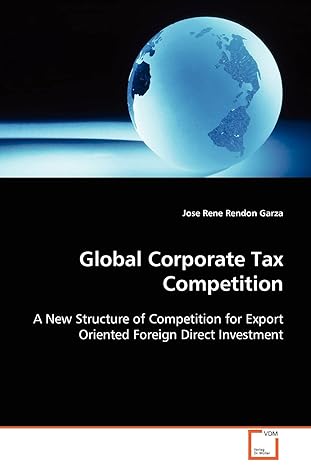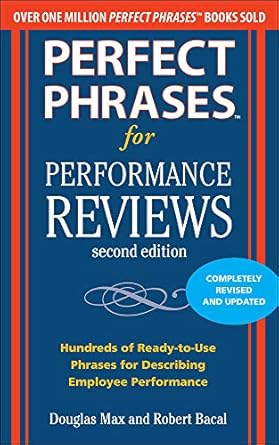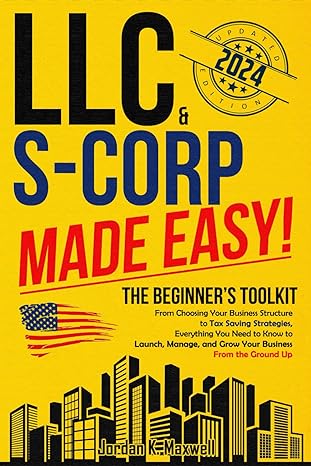Go back


Global Corporate Tax Competition A New Structure Of Competition For Export Oriented Foreign Direct Investment(1st Edition)
Authors:
Jose Rene Rendon Garza

Cover Type:Hardcover
Condition:Used
In Stock
Shipment time
Expected shipping within 2 DaysPopular items with books
Access to 30 Million+ solutions
Free ✝
Ask 50 Questions from expert
AI-Powered Answers
✝ 7 days-trial
Total Price:
$0
List Price: $85.32
Savings: $85.32(100%)
Solution Manual Includes
Access to 30 Million+ solutions
Ask 50 Questions from expert
AI-Powered Answers
24/7 Tutor Help
Detailed solutions for Global Corporate Tax Competition A New Structure Of Competition For Export Oriented Foreign Direct Investment
Price:
$9.99
/month
Book details
ISBN: 363910112X, 978-3639101126
Book publisher: VDM Verlag Dr. Muller
Get your hands on the best-selling book Global Corporate Tax Competition A New Structure Of Competition For Export Oriented Foreign Direct Investment 1st Edition for free. Feed your curiosity and let your imagination soar with the best stories coming out to you without hefty price tags. Browse SolutionInn to discover a treasure trove of fiction and non-fiction books where every page leads the reader to an undiscovered world. Start your literary adventure right away and also enjoy free shipping of these complimentary books to your door.
Book Summary: Recently, governments¿ policymakers have observed how export oriented foreign firms previously established in their region have decided to move to countries in completely different areas of the world. An example comes from Mexico, where firms decided to relocate to China, Czech Republic, Malaysia, and Thailand. Policymakers concluded that among several factors affecting FDI inflows, corporate tax rates appear to be not competitive. Hence, could it be possible that policymakers in China, Czech Republic, or Malaysia have observed that corporate taxes represent a factor towards increasing competitiveness, and given the high mobility of capital of these days, they have embarked on a corporate tax competition to attract internationally mobile firms. Is it possible that Mexico, China, and Czech Republic could be presenting a degree of corporate tax competition to attract FDI? Does corporate tax competition among countries from far away geographical regions of the world occur? Thus, the aim of this book is to evaluate the possibility of a global corporate tax competition scheme. The book is addressed to professionals in public finance, research economists, and policymakers.
Customers also bought these books
Frequently Bought Together
Top Reviews for Books
Request rwwji46
( 4 )
"Delivery was considerably fast, and the book I received was in a good condition."










